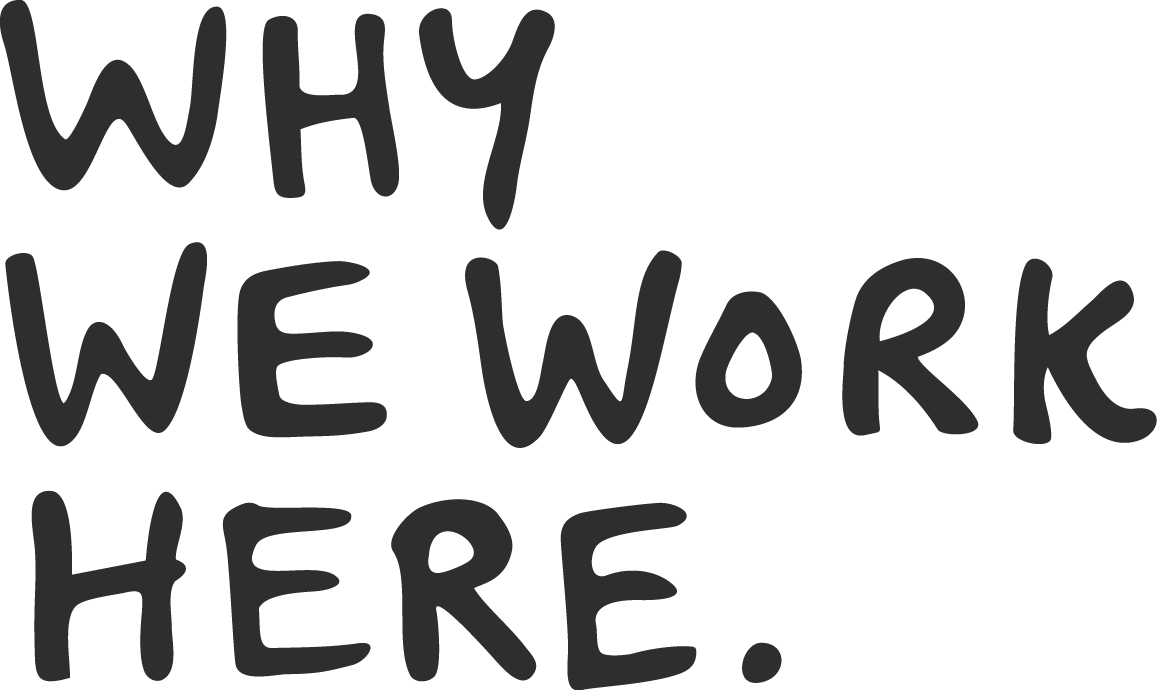WWWH piloted a semester-long program with six educators and 66 students at four public schools in south Wood County, Wisconsin during the 2016-2017 school year. Their communities, like so many others, are re-imagining their future after the decline of a dominant single industry.
In the program, which educators facilitated during school hours, students identified a local issue - the heroin/opioid epidemic - and used a design thinking and adaptive leadership process to engage with diverse people and perspectives, diagnose the root causes of the issue, and collaboratively test solutions in response. Educators and students learned skills and mindsets in self- and social awareness; relationship building; growth mindset; self-efficacy; iterative problem solving; and developed “community literacy,” a systemic understanding of the region’s issues, assets, and potential.
Post-pilot surveys revealed that:
• 82% of students had a more positive perspective on the region after the program as a result of having new tools for understanding and responding to community challenges, and feeling both a greater sense of personal agency in and connection to the community.
• 60% of students said their perspective of themselves had evolved over the course of the semester, citing having greater self-awareness and sense of self-efficacy, being openminded to new or different ideas, or having an improved self-image.
• 100% of students were able to convey the value of the interpersonal skills they had developed through the program, and 98% are already applying these skills to other parts of their life.
We are grateful for financial and advisory support from the Incourage Community Foundation, a nationally-recognized leader in place-based philanthropy and community development, which is based in Wood County.
We plan to scale nationally in future years.



